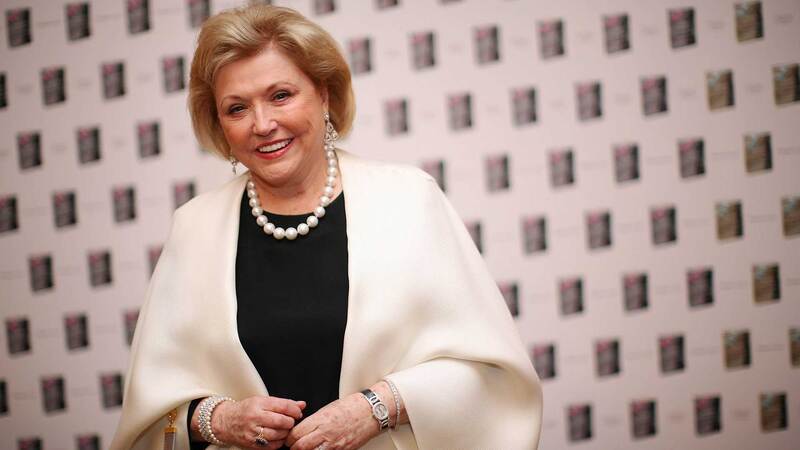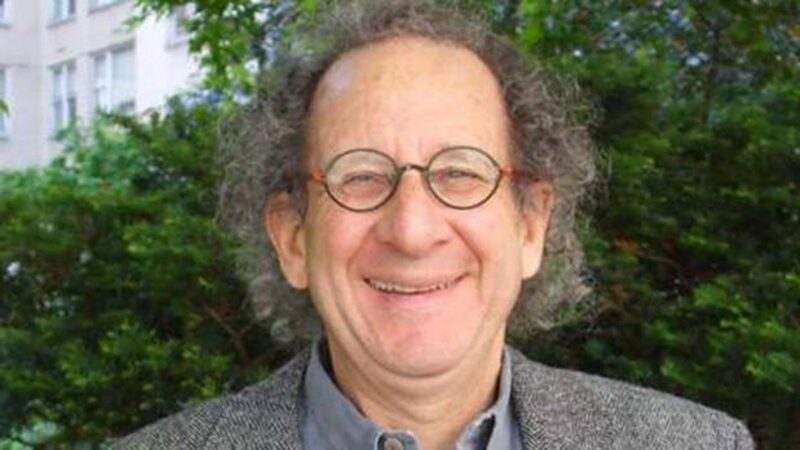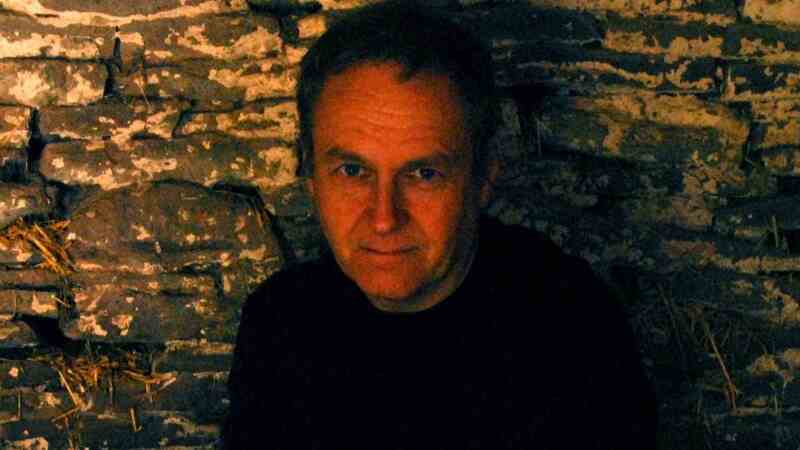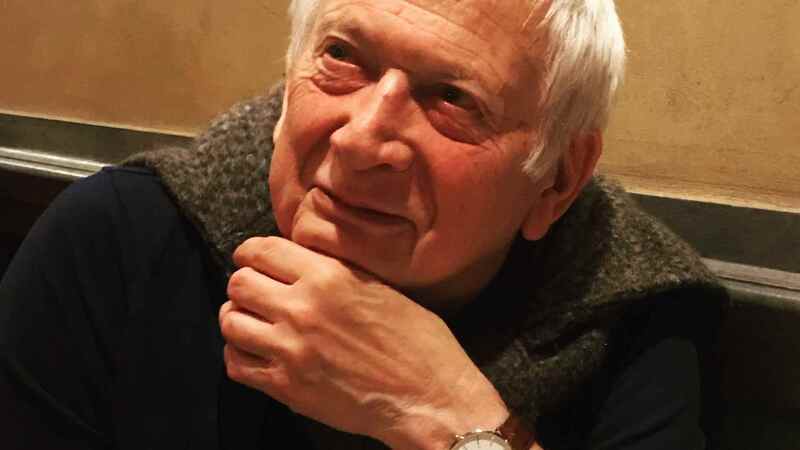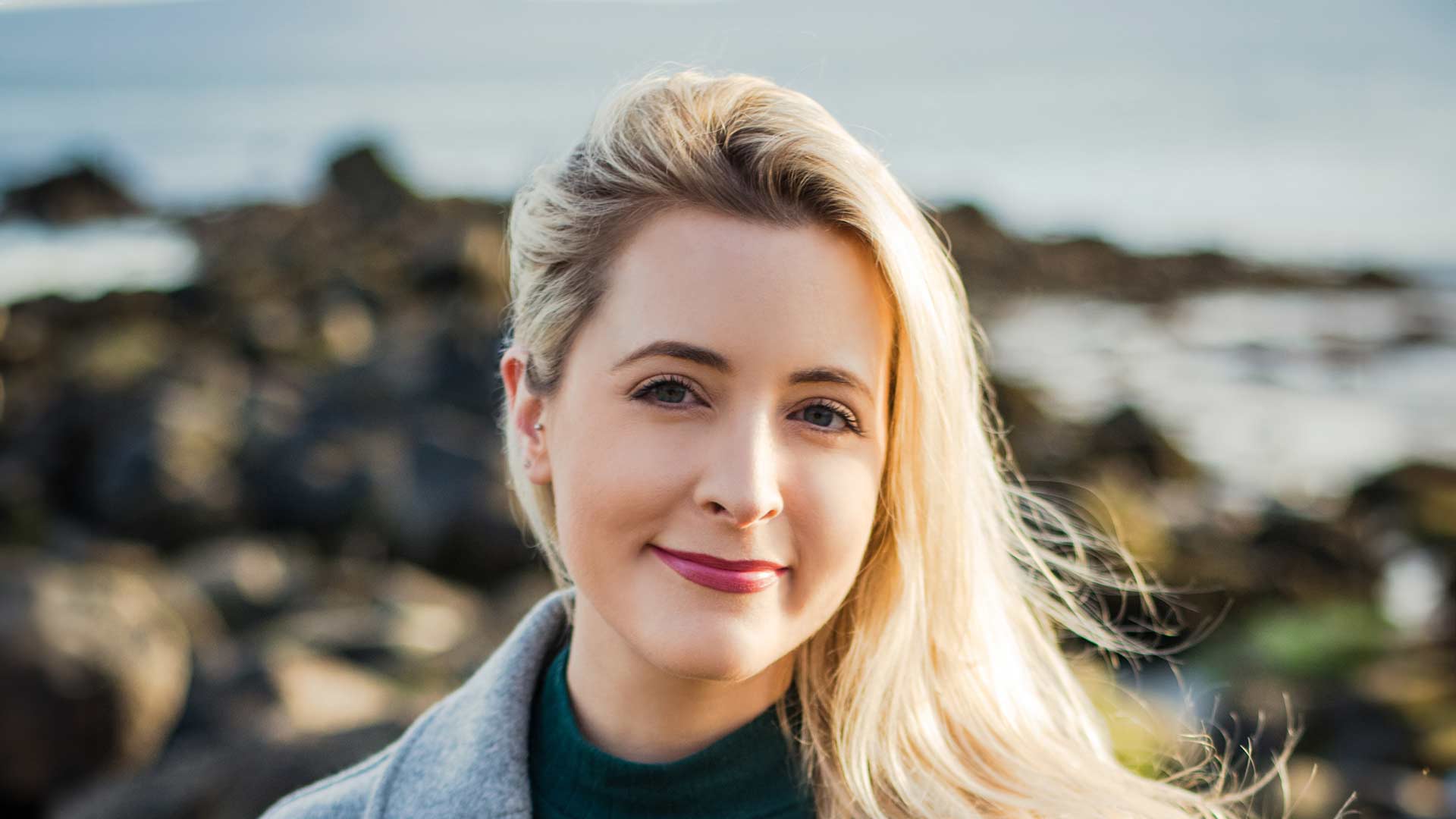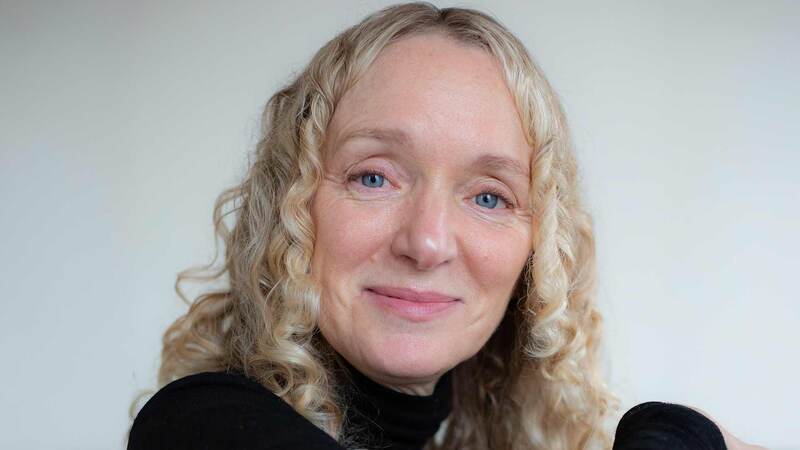You are viewing your 1 free article this month. Login to read more articles.
Obituary: Carolyn Reidy
Carolyn Reidy. Born 2nd May 1949. Died 12th May 2020 You could never ignore Carolyn Reidy, the Simon & Schuster president and c.e.o., who died unexpectedly of a heart attack on 12th May while working remotely from her Long Island country home, having turned 71 just 10 days earlier.
Carolyn Reidy. Born 2nd May 1949. Died 12th May 2020
You could never ignore Carolyn Reidy, the Simon & Schuster president and c.e.o., who died unexpectedly of a heart attack on 12th May while working remotely from her Long Island country home, having turned 71 just 10 days earlier.
How could you? Determined to make a good impression, on her first day in 1992 as newly-appointed head of S&S’ s trade division—she would become adult publishing president in 2001, and c.e.o. in 2008—she arrived at the office, only to find that she was wearing one black and one brown shoe. But even if it felt like all her new colleagues were staring, she immediately owned the faux-pas and pressed ahead—amazing them (the female ones, anyway) with her focus and sang-froid.
At S&S for 28 years (and before then, Random House [RH], Morrow, and Avon for a combined 16), in every respect, hers was an outsize presence: booming laugh, incredible energy, warmth, a brilliant mind, exceptional curiosity and range, fierce competitiveness; she advocated for colleagues, authors, readers, potential readers—including, as she said in a PEN speech, “the marginalized and powerless”—and the global business of books.
“She commanded a room”, recalls RH division president Gina Centrello, a close friend, long-time competitor and former colleague of Reidy’ s: when Reidy ran S&S trade, Centrello ran Pocket. “There are leaders, and there are managers. She was a natural-born leader, who understood both the macro and micro; most leaders possess one or the other, but she had both, just as she loved both books and the business of books. Carolyn taught me so much about how to be an effective leader.”
“Carolyn helped you achieve clarity, and elevated your game - it was like playing tennis with Nadal, you improved simply by being around her. It was a privilege to work for her,” declared Susan Moldow, who retired a year ago after running S&S’ s Scribner for a quarter-century.
“There was Apple and agency. There was Amazon. There was the DOJ…Right or wrong, she was shooting straight from beginning to end. We all watched as she battled for freedom of expression. There was real courage there,” another of Reidy’ s friends, Macmillan c.e.o. John Sargent, remembered to Publishers Weekly.
Carolyn Kroll grew up in a Washington, DC suburb, and read English at Middlebury College, Vermont, where she met her future husband, Stephen Reidy. As both undergraduate and graduate student, he had stints studying and working in Russia in the early 1970s, where she visited him and developed an unusual awareness of the world beyond America’ s shores, an international sensibility that would influence her career as a publisher, ultimately helping her understand that to think big, and to grow, meant expanding UK, Australian and Canadian S&S outposts, and starting one in India.
In 1976, they were both in New York: he was at Columbia to do an MBA, and she put her PhD studies at Indiana University on pause, needing a job (she later got the degree). A fellow Middlebury graduate put her in touch with Milly Marmur at Random House, a trailblazing vice-president for sub-rights—not many women boasted executive status then—who hired her. Reidy, Marmur soon saw, was “so smart, efficient, organised and collegial”¬≠—hallmarks to the end—that she quickly promoted her to do rights.
She moved from Random to Morrow, then back to Random¬≠— where she was publisher of Vintage and associate publisher of the RH imprint—and in 1988 became president and publisher of Hearst’ s paperback division, Avon Books. She quickly hired Scott Manning, who had worked at Harper, to be Avon’ s publicity director. He was worried about leaving hardbacks for paperbacks, but friends reassured him: “working for Carolyn was all that mattered”. It was, Manning—now an independent publicist—recalls, “the best professional decision I ever made; she was a great mentor, and also great fun. Nobody could run a meeting like her: she would hear everyone out, then say, ‘ This is what we’ re going to do,’ and move on. I learned how to make decisions from her.”
Or as another former colleague put it more bluntly: “Carolyn could always cut through others’ bullshit; you never had to guess what she was thinking.”
Fighting to the top
The S&S Reidy arrived at in 1992 was a very different company from the one that she has bequeathed to a successor. As Centrello remembers, “it could be a tough place, very male-dominated”. Dick Snyder, who had grown the company enormously, was still running it, the sort of man—as this reporter can attest—who would put his feet up on his desk so that when you sat opposite him, you had to stare at the soles of his shoes. In due course, Snyder was forced out; Reidy reported to Jack Romanos, also not the easiest man.
Sargent, who also worked at S&S, recalls “the joy when she won the top job”. Although “fierce” is a word universally applied to Reidy, under her watch, S&S became “a kinder, gentler place”, as agent Gail Hochman told PW.
Unlike her husband, Reidy never got a business degree, but it didn’ t matter: as Moldow saw close up, “she was financially focused and very astute,” and when the time came, also “at ease” with technology. She was, Centrello said, “good at finding the right balance between respecting tradition and understanding when change had to be made, and she made it”.
She inherited legendary editors such as Michael Korda and Alice Mayhew, and made terrific hires such as Susan Moldow and Jonathan Karp. When they needed help, she was there: as Karp recounted to the New York Times, an agent once asserted: “All of you people at Simon & Schuster, you wield Carolyn like a cudgel.” Reidy was “delighted” when Karp told her.
In an auction, she was a formidable competitor—and not afraid to spend money. Centrello recalled that “I always liked it when Carolyn was in an auction—I knew the book must really be good.”
She was there for authors. The greatest publishers are obsessive, omnivorous readers, for whom the snobbish distinction between “mass” and “class” is irrelevant, and who are knowledgeable about, and involved in every aspect of the publishing process. Sonny Mehta, whom we lost at the end of December, was one; Reidy was another, who took as much pride in publishing David Blight’ s Pulitzer-prize winning biography of Frederick Douglass or Hillary Clinton’ s memoirs or Siddhartha Mukherjee’ s Pulitzer-winning study of cancer, The Emperor of All Maladies, as she did Mary Higgins Clark or Cassandra Clare or Jennifer Weiner’ s latest novel.
Moldow remembers how Reidy would “give everyone—even Alice Mayhew—notes about their books”. She gave them to authors, too, who were amazed to receive one from “the ultimate boss”, as Bob Woodward called her, and even more amazed to realise she had actually read their book.
She made mistakes (think Milo Yiannopoulos) and could get angry—she didn’ t like losing money, ditto overspending on advertising, and certainly didn’ t suffer fools. But her overall record was, as Moldow attests, “so shining. She loved to work, and worked practically 24 hours a day, catching up on email at 11 o’ clock at night.”
As you could never ignore her, nor can you ignore the terrible timing of Reidy’ s death: a moment when the company she led is facing the awful disruption wrought by Covid-19, and an intended sale by its corporate owner. Yet no one can dispute that, having left it in as good a state as she did—until late last year, she had guided it through 19 consecutive profitable quarters, having famously told The Bookseller in 2008 “flat is not an acceptable state”—Carolyn Reidy did all that was humanly possible to make sure that it will survive and thrive, even without her.
Gayle Feldman is The Bookseller’ s US correspondent; she is also finishing a biography of Bennett Cerf. She formerly worked at Publishers Weekly.






